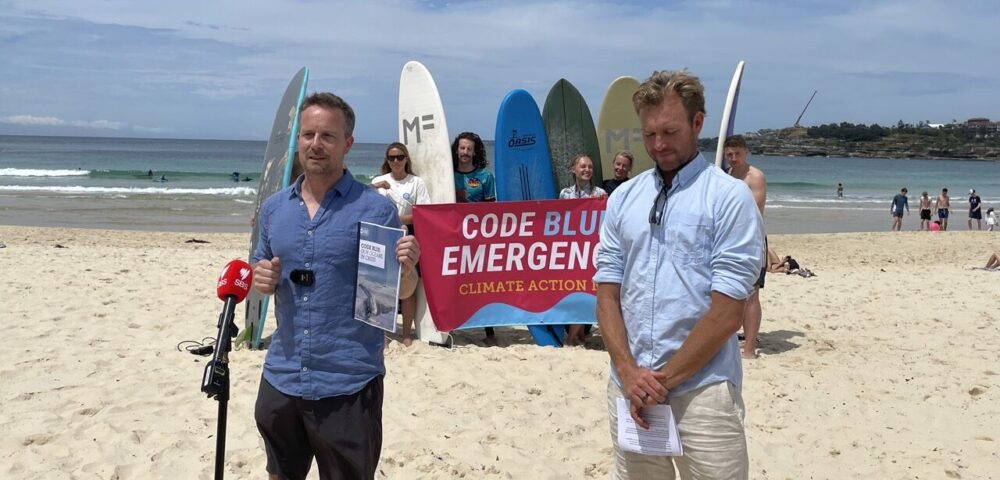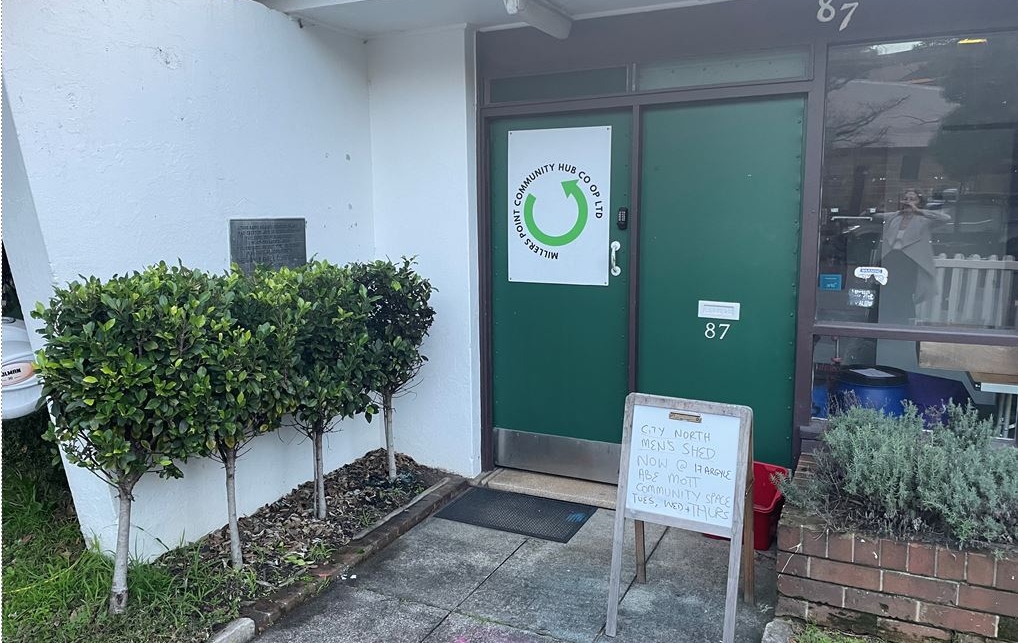
“Code Blue Emergency”: Climate activists warn of rising ocean temperatures

By JUSTIN COOPER
A new report from Australian and international scientists reveals the alarming impact of climate change on the ocean, with activists reigniting calls to end all new fossil fuel projects.
Released on Wednesday, November 8, the latest Climate Council (CC) report recognises the increasing pace of climate induced heat affecting marine ecosystems at a rate which they can not recover from.
The “Code Blue: Our Oceans in Crisis” report references hospital codes for a serious or life-threatening medical event, with CC acknowledging the ocean as being in a climate emergency.
“Our oceans are in deep trouble”
Over 90 percent of the heat from greenhouse emissions is absorbed by the ocean, with a “near-permanent heatwave” expected in parts of the ocean, within decades. This is causing extreme weather patterns and rising waters to become an increasing threat.
In addition to the report, CC conducted a targeted survey with among thirty renowned ocean scientists. All said they were either “very” or “extremely” concerned about the climate-induced damage on the ocean, with over 50 percent saying changes were outpacing scientific predictions.
Aiming to manage the crisis, the report requests fossil fuel projects be rapidly phased out, for the rehabilitation of natural carbon sinks and the expansion of marine-protected areas.
Report author and Research Director for CC, Dr Simon Bradshaw describes the current excess heat being absorbed by the ocean is equivalent to boiling the Sydney Harbour every eight minutes.
“The science can’t be any clearer: our oceans are in deep trouble,” said Dr Bradshaw.
Noting the “rampant burning of coal, oil and gas” as the main contributor, Bradshaw examines the effects which they have had on sea life and aquatic environments.
“More frequent and severe marine heatwaves are pushing coral reefs to the brink, ice sheets are melting at an alarming rate, ocean currents are slowing and seas are rising.”
“Over the past few decades… the oceans have done an incredible job of protecting us by absorbing CO2 and an immense amount of heat, but there’s a limit to what they can take and we are close to crossing dangerous tipping points,” Dr Bradshaw continued.
“We are calling a code blue for our oceans today, because this threatens all the species that inhabit them, the people who depend on them, as well as all life on land.”
Climate concerns ahead
The release of the report coincides with a underwater cyclone (or “eddy”) forming 50 kilometres away from Sydney shores. Spanning over 400 kilometres-wide, the vortex is expected to further increase water temperatures and disturb many aquatic environments.
Joining the announcement of the report, Australian surfers took to Bondi Beach advocating for climate action on Wednesday morning.

Surfing Australia Deputy Chairman and pro-surfer Adrian Buchan spoke out on the changing ecosystems affecting swimmers and coastlines across Australia.
“Erosion is threatening our most iconic surfing spots. Our water is being polluted from flood runoff and dangerous jellyfish moving south.”
“Loss of coral reefs and impacts on sandbars, is not just altering where and how waves break, but is also having devastating impacts on marine life,” Buchan explained.
The report notes considerable concerns across the Great Barrier Reef, explaining the impact of an El Niño season could see “mass coral bleaching” across the world heritage landmark.
“This is all terrible news for the millions of ocean loving Aussies – every one of whom should be concerned and take note,” Buchan continued.
“This is a call to action: we must work to draw attention to the ocean’s plight and push for decisive and rapid climate action now.”
City Hub are awaiting further comment from the Climate Council.









